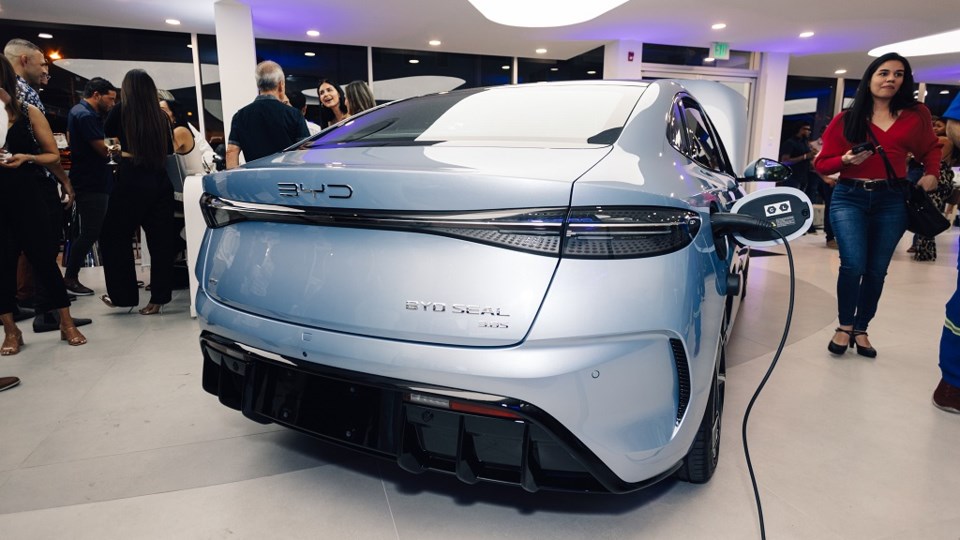The Chinese automaker BYD can make electric cars that would retail in Canada, assuming no trade barriers were in place, for about $13,000.
That, of course, would be a game-changer with winners and losers. It would have the potential to be an extinction-level event for parts of the auto industry, but consumers, and arguably the environment, would benefit. (Demand for electric vehicles seems to exceed supply.)
In May, U.S. president Joe Biden imposed a 100 per cent tariff on Chinese-made electric vehicles, and the EU may soon follow suit.
Last year, European Commission President Ursula von der Leyen charged that the low prices were due to heavy Chinese government subsidies. (The Chinese, for their part, say that they are just better at making EVs efficiently; also, China can mine many of the materials needed for battery-making domestically.)
This week in Vaughan, Finance Minister Chrystia Freeland said that Canada was considering imposing tariffs as well, accusing Chinese automakers of oversupplying the market. "We are bringing to bear our strongest trade action tools," she said.
It's perhaps an easier decision for countries without a large domestic auto industry: this spring, BYD entered auto markets in the Caribbean, Colombia and Chile.
Another factor: North American automakers have more or less given up on making small cars, because their profit margins are smaller. It's hard to argue that you're been unfairly competed with in a sector that you've neglected.
To complicate things further, some security experts have warned that Chinese-made vehicles could be used as surveillance tools, or as a source of mass disruption in a crisis.
“The car could be switched off by the manufacturer," says Richard Dearlove, former head of the British intelligence agency MI6. "How many cars would it take to block circulation of traffic in a major western city?”
“If you take a pragmatic look, a large number of Chinese cars in western cities, if we have a serious deterioration in relations with China, how is China going to exploit that asset built up over time?”
In an online poll this week, we asked what you thought.
Men were more open to the idea than women, and there is a strong, clear relationship to age:
There isn't a strong relationship to income, but there is to economic insecurity:
The relationship to party affiliation is interesting, and hints that the issue crosses traditional ideological categories. I'm surprised by the Greens, who (with the Liberals) are the least interested in a measure that would quickly electrify the national vehicle fleet more than it is now, whatever the other trade-offs.
There is little relationship to a history of union membership, education, or, oddly, interest in buying an electric vehicle.
